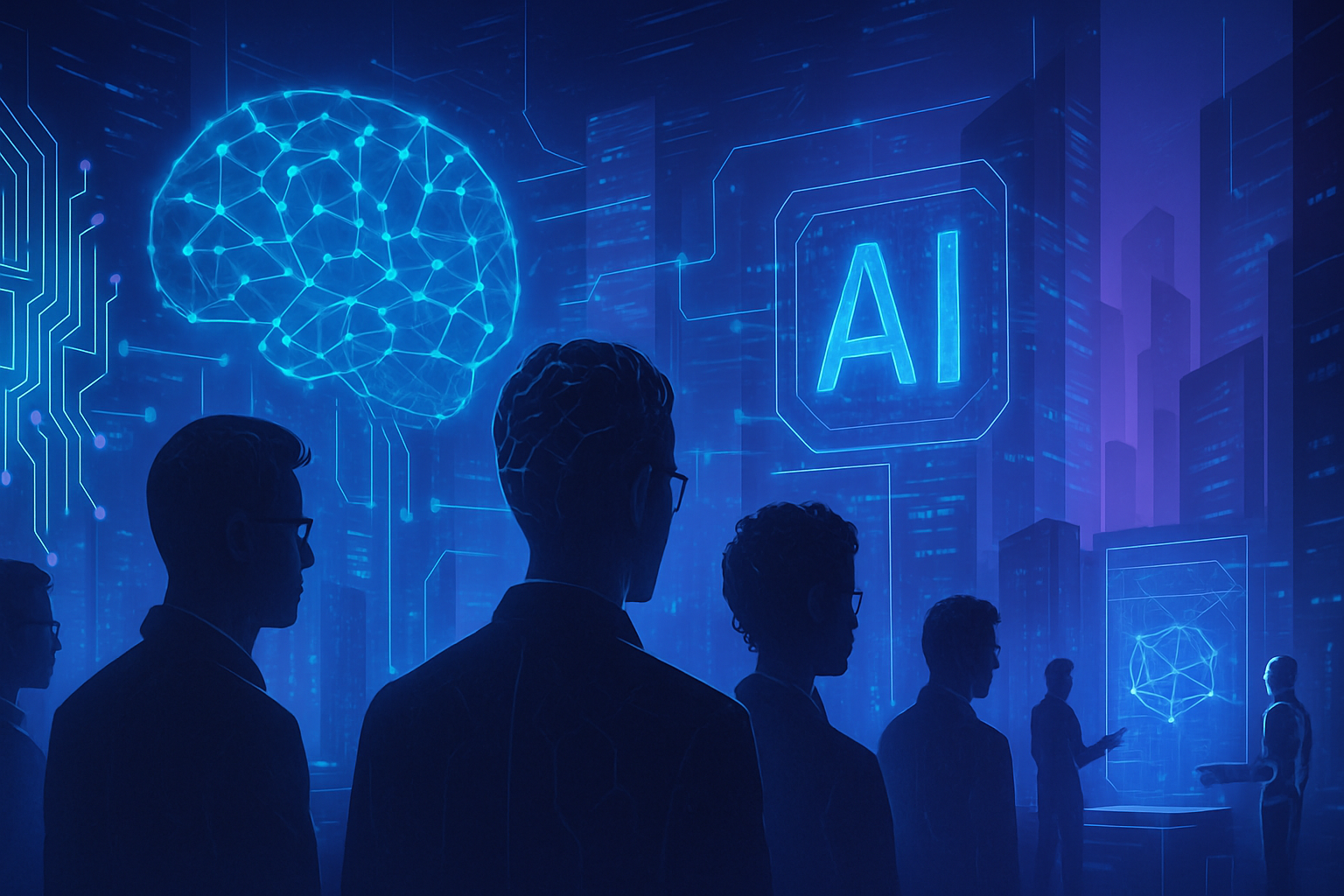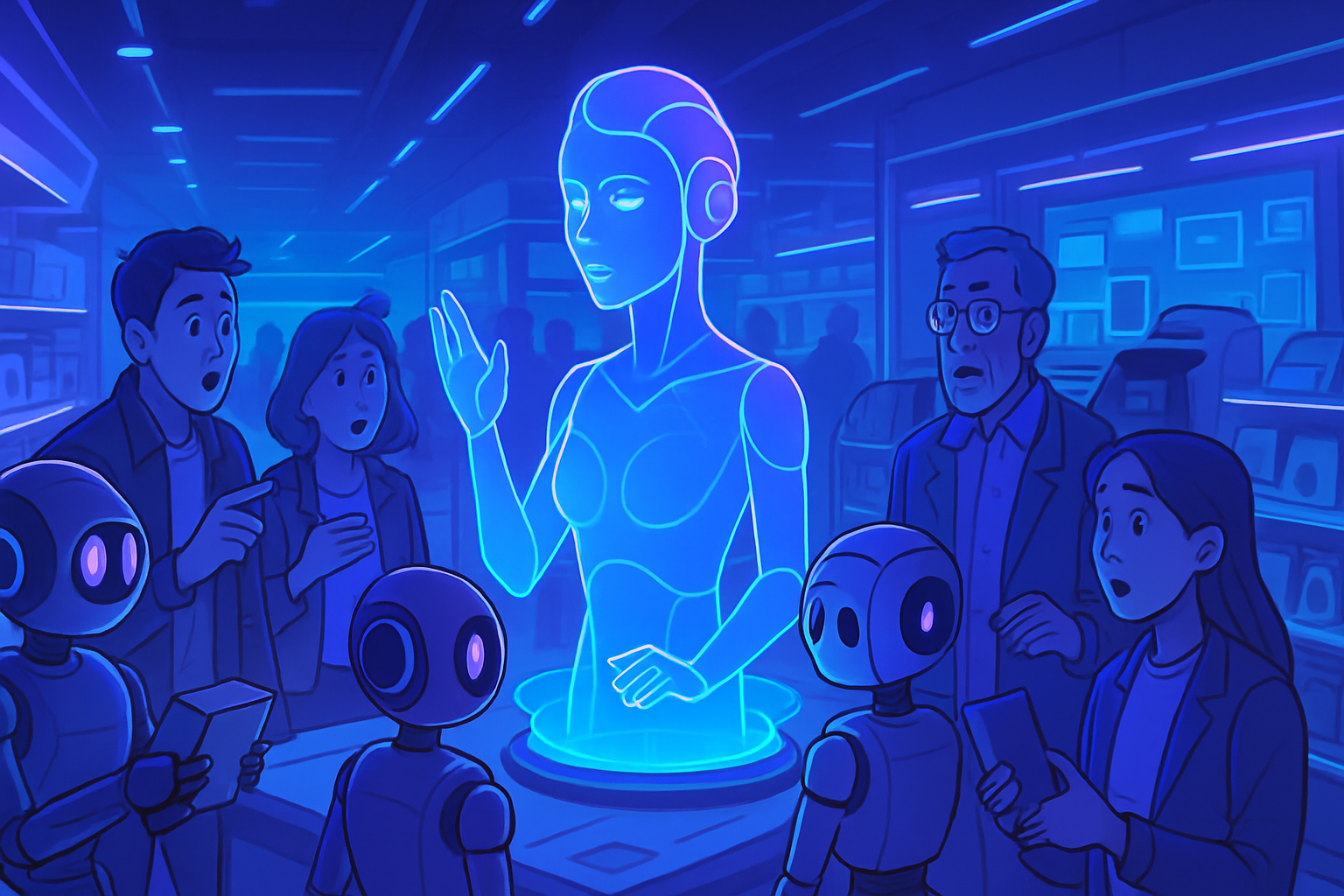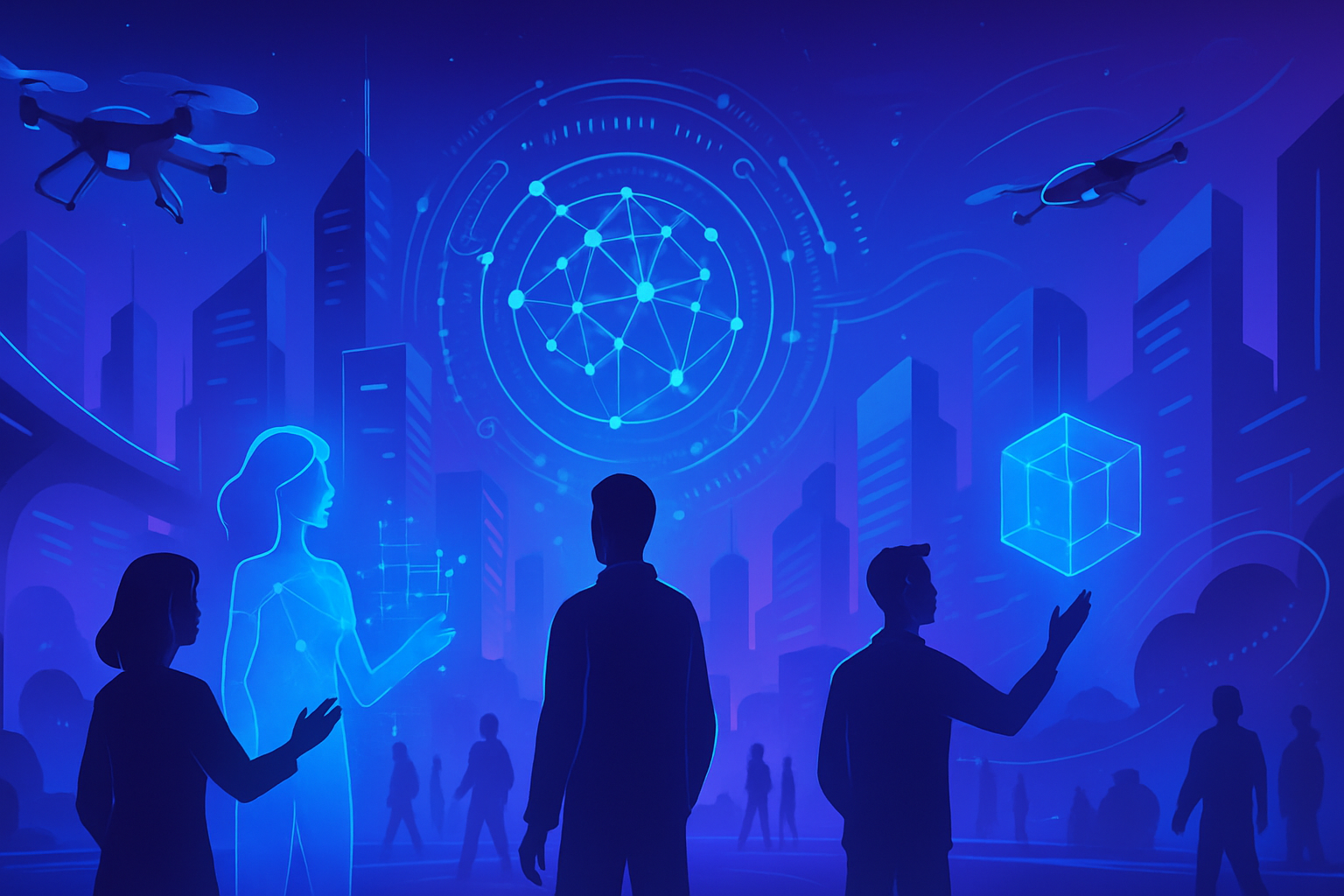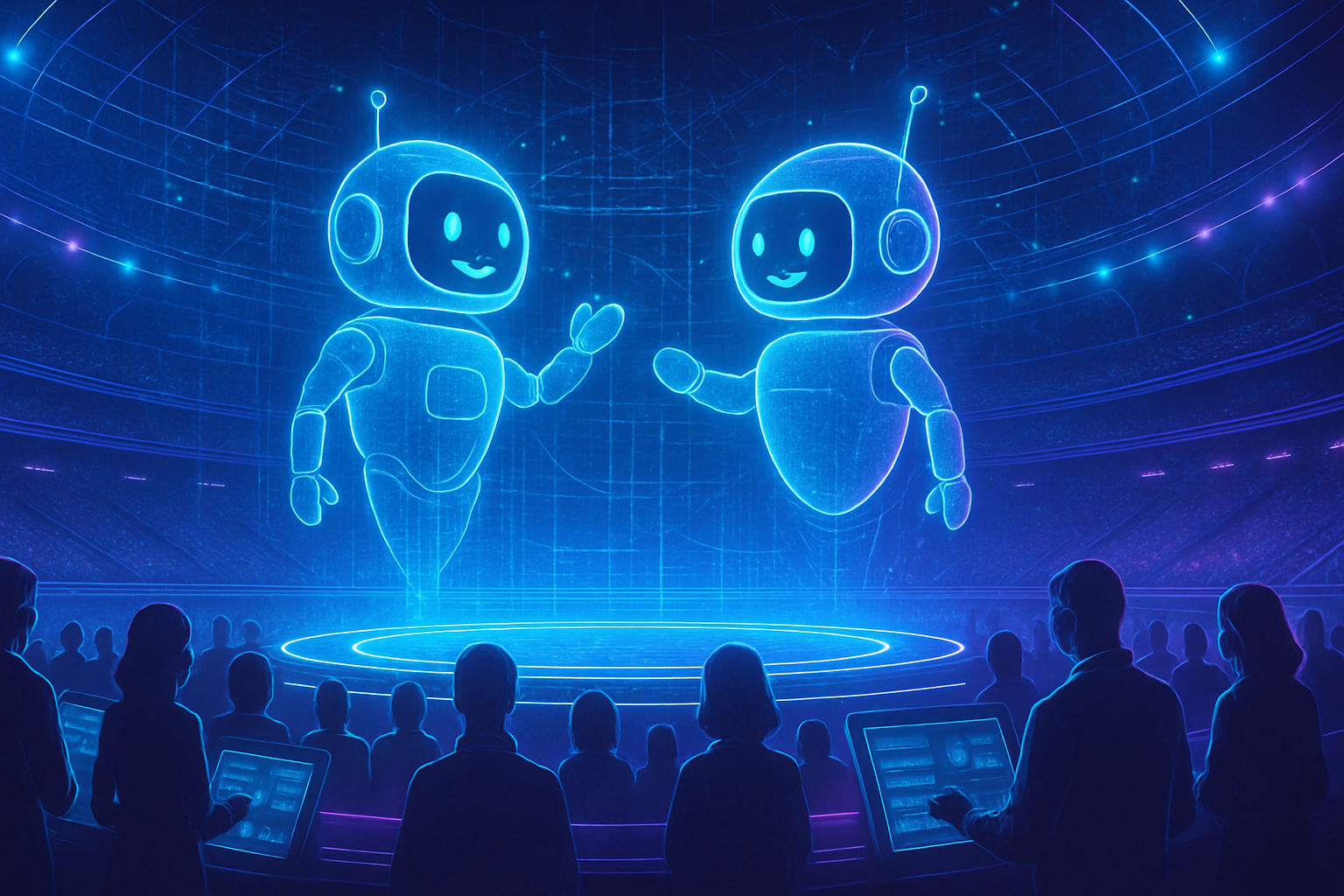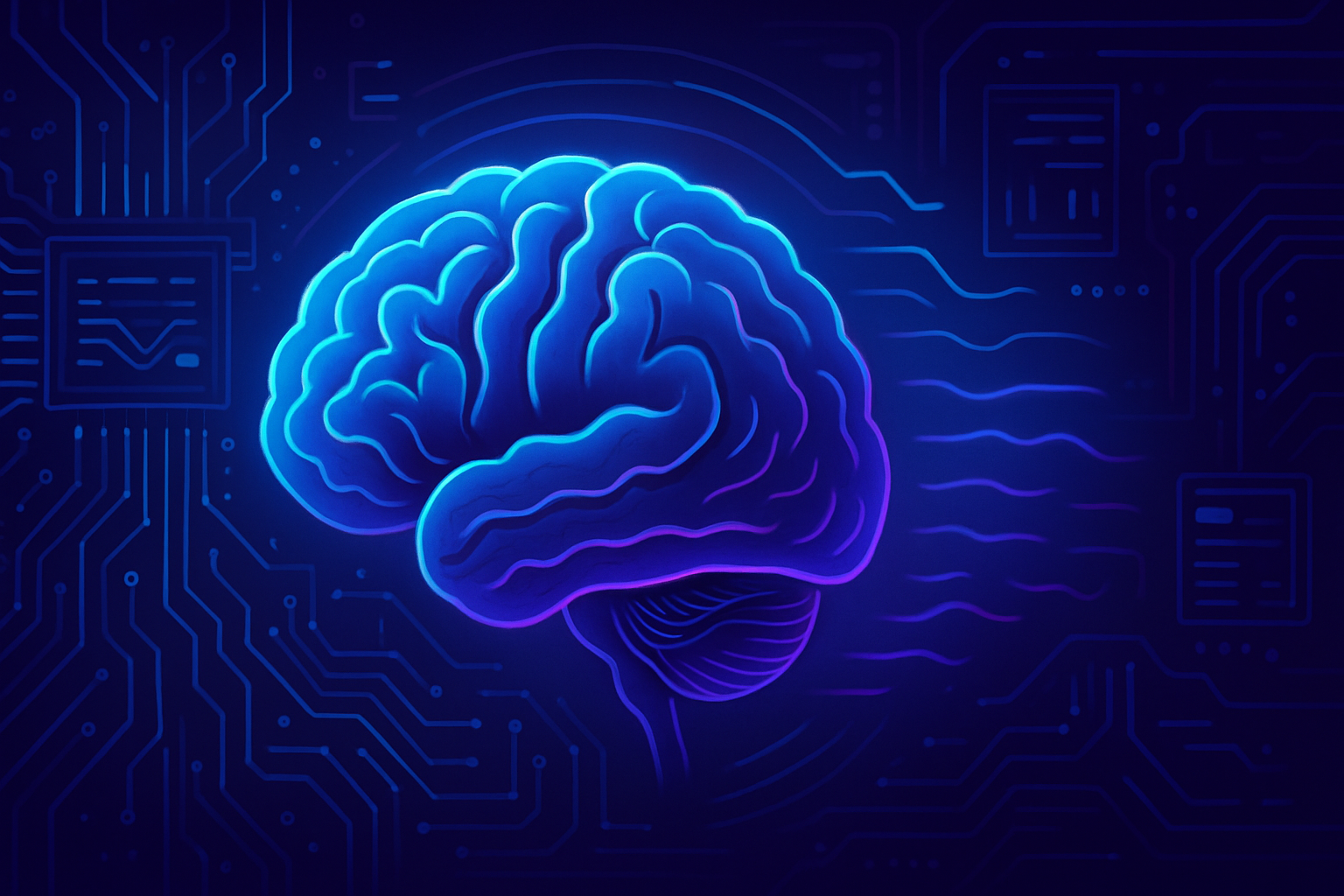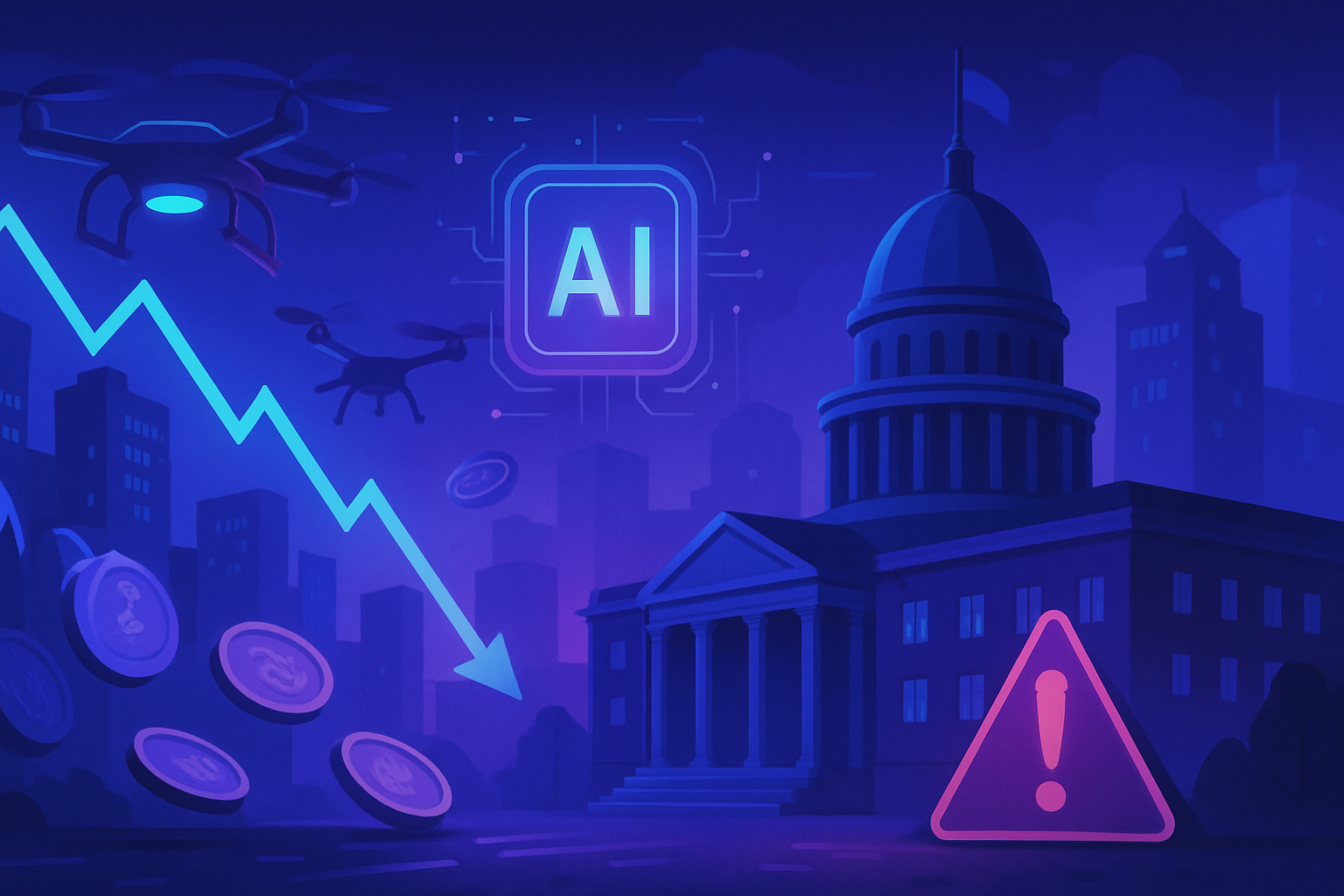Innovation in artificial intelligence is in full swing, with competition among tech giants reaching unprecedented heights. Meta targets key talents from OpenAI, driven by the need to elevate their position against formidable rivals. Brilliant minds are leaving to take on new challenges, injecting a decisive momentum into a constantly evolving industry. The technological landscape is transforming, and every recruitment becomes a critical strategic issue for these companies.
Meta’s Poaching Attempts
The competitive climate among the giants of artificial intelligence is becoming even tenser as Sam Altman, CEO of OpenAI, recently revealed Meta’s attempts to attract talent from his company. During a podcast hosted by his brother, Altman mentioned that Meta had offered up to 100 million dollars to convince some of his collaborators to make the leap. This desire to recruit brilliant minds highlights the growing tensions in the field of technological innovation.
The Launch of Llama 4 by Meta
Mark Zuckerberg recently discussed Llama 4, a model he considers among the most promising in the AI ecosystem. Announced at the beginning of the year, Llama 4 represents Meta’s ambitions to reposition itself in the market. But the competition is fierce, with challengers like Google Gemini and Claude from Anthropic currently dominating discussions.
With a planned investment of 65 billion dollars in AI, Meta is sparing no effort. The company has also acquired Scale AI to accelerate its development. This shift toward a more human-centered strategy could prove decisive for its future competitiveness.
Strategic Recruitment at Meta
Meta’s recent successes in recruiting outstanding talents from OpenAI underscore its intention to strengthen its team. Among these new hires are Trapit Bansal, a researcher with significant experience at OpenAI, and Lucas Beyer, known for his advanced technical skills. Other experts, such as Alexander Kolesnikov and Xiaohua Zhai, bring diverse experience, having worked both in Europe and Asia in various leading companies.
The new hires, including Shuchao Bi, Shengjia Zhao, Hongyu Ren, and Jiahui Yu, further enhance Meta’s reputation for AI innovation. This influx of new talent could become a real strategic asset as competition among tech companies heats up.
Concerns at OpenAI
In the face of this dynamic, OpenAI’s management is starting to react. Mark Chen, the research director, has expressed his concerns regarding this talent drain. It is imperative for the organization to assess employee satisfaction to avoid a climate of discontent. In a message relayed on Slack, Chen mentioned necessary adjustments to employee compensation to preserve their engagement.
This action plan aims to maintain a sense of continuous innovation within the company but may prove insufficient if poaching continues. The growing tensions between two giants of artificial intelligence could well redefine the competitive landscape in the sector.
Frequently Asked Questions About Meta’s Recruitment of OpenAI Talent
Why is Meta recruiting former OpenAI employees?
Meta is seeking to bolster its capabilities in artificial intelligence and catch up with competitors like OpenAI and Google. By attracting talent from OpenAI, the company aims to acquire key skills and knowledge to enhance its products.
What is the impact of recruiting these talents on OpenAI?
The loss of these talents can weaken OpenAI’s position in the sector, reducing its footprint in innovation and artificial intelligence. It could also raise concerns among employees about talent retention.
What positions have been filled by former OpenAI employees at Meta?
Meta has recruited various profiles, including researchers and machine learning specialists, to strengthen its research and development teams in artificial intelligence.
How does Meta position itself against competitors in the AI field?
Meta is investing heavily, with a proposed budget of 65 billion dollars, to position itself as a leader in artificial intelligence while introducing models like Llama 4.
What are the possible consequences of this competition for innovation in AI?
This intensified competition could drive companies to innovate more rapidly, with more frequent advancements in the development of new artificial intelligence technologies, while increasing financial stakes.
What role does Sam Altman play in this competitive dynamic?
Sam Altman, as CEO of OpenAI, expresses concerns about Meta’s strategy and emphasizes the lack of innovation in AI within the company, heightening the rivalry between the two firms.
How do OpenAI employees react to these recruitments by Meta?
OpenAI employees may feel increased pressure regarding their job security and talent retention, which could affect their morale and productivity.
Is Meta considering other acquisitions to strengthen its AI team?
Yes, Meta is active in acquiring startups and talents in the field of AI, seeking to consolidate its investment and personnel bases to drive its development in this sector.
